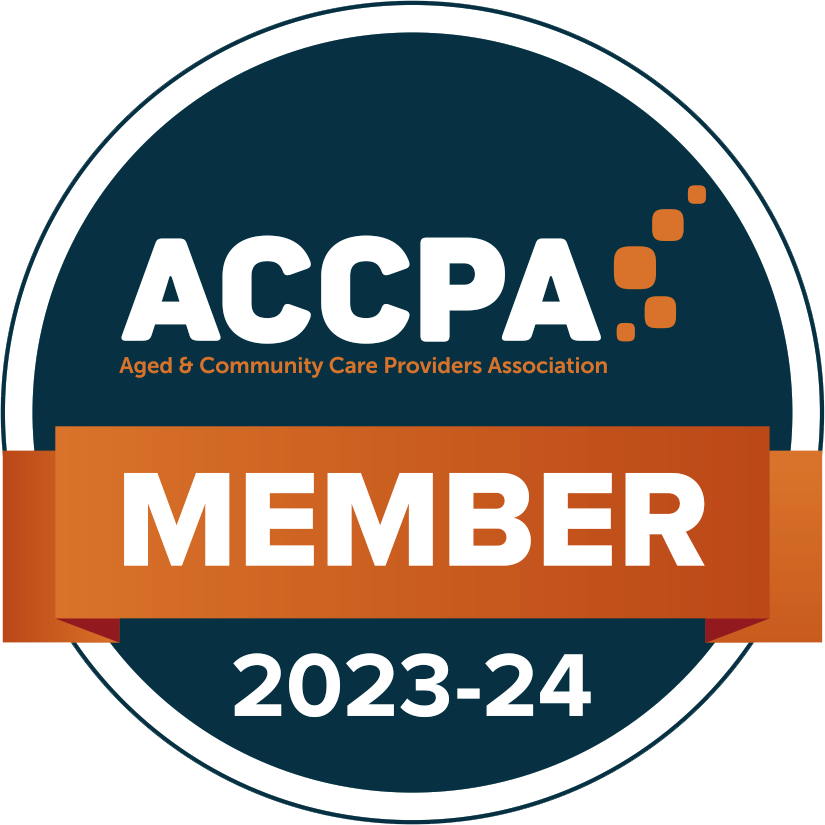Any Questions?
What’s the Difference Between Dementia and Normal Ageing?
Growing older comes with many changes—some expected, others a little more confusing. It’s natural to forget where you left your keys now and then, or to temporarily blank on someone’s name. But when that memory lapse becomes more frequent, or everyday tasks start feeling unfamiliar, it’s normal to wonder: Is this just ageing, or could it be something more?
At FOCUS Connect, we understand how overwhelming that uncertainty can feel. In this blog, we’re breaking down the difference between typical ageing and dementia, clarifying some common misconceptions, and sharing early warning signs to look out for — so you can feel more confident about what’s expected, and when to seek support.
Dementia in Australia: Key Facts
Dementia is a growing health concern in Australia, especially as our population ages. According to Dementia Australia:
- More than
400,000 Australians are currently living with dementia
- It is the
second leading cause of death in Australia
- For women, dementia is the
leading cause of death
- Around
70% of people with dementia live in the community, not in aged care facilities
- Almost
1 in 10 Australians over the age of 65 lives with some form of dementia
- It is estimated that by 2050, over 800,000 Australians will be living with dementia
Who Does It Affect?
While dementia is more common in people over 65, younger onset dementia can affect people in their 40s and 50s. Approximately 28,000 Australians are currently living with younger onset dementia.
What Contributes to Dementia?
There is no single cause of dementia, but dementia risk factors may include:
- Ageing (the most significant risk factor, though dementia is not a normal part of ageing)
- Family history or genetic predisposition
- Chronic health conditions like high blood pressure, diabetes, or high cholesterol
- Smoking, poor diet, and lack of exercise
- Head injuries or trauma
- Cognitive inactivity or social isolation
- Alcohol use over long periods
While some risk factors are beyond our control, lifestyle changes and early detection can significantly reduce the risk or slow the progression of dementia.
Memory Loss: When Is It Normal?
As we age, our brains and bodies experience a natural slowdown. You might take longer to process information or struggle to recall a detail that’s on the tip of your tongue. This is usually part of normal cognitive aging, and not a cause for alarm.
Normal Ageing Might Look Like:
- Occasionally forgetting names or appointments but remembering them later
- Needing reminders to do tasks or take medications
- Taking a bit longer to learn something new
- Having trouble multitasking or concentrating in noisy environments
These changes may sometimes be frustrating, but they don't typically seriously disrupt daily life.
Dementia is not a normal part of ageing; it’s a medical condition that affects brain function, often progressively. It impacts memory, thinking, behaviour, and the ability to perform everyday activities. Dementia isn’t one disease, but a group of symptoms caused by different brain disorders, with Alzheimer’s disease being the most common.
The key difference? Dementia interferes with daily life in a way that normal ageing does not.
Early Signs of Dementia
Here are some red flags that may suggest a person is experiencing more than normal ageing:
Memory Loss That Disrupts Daily Life:
- Repeatedly asking the same questions
- Relying heavily on family for reminders
- Forgetting recently learned information, not just details from the distant past
Difficulty with Familiar Tasks:
- Struggling to cook a well-known recipe
- Forgetting how to play a favourite game
- Trouble managing bills or using a TV remote
Confusion with Time or Place:
- Losing track of dates or getting lost in familiar places
- Difficulty understanding something if it’s not happening immediately
Language Problems:
- Trouble following or joining conversations
- Repeating themselves frequently
- Forgetting simple words and substituting unusual ones
Changes in Mood or Behaviour:
- Becoming confused, suspicious, depressed, or anxious
- Withdrawing from work or social activities
- Showing poor judgement, like giving away large sums of money
Misconceptions We Often Hear
“Isn’t memory loss just part of getting older?”
Not to the extent seen in dementia. Occasional forgetfulness is ordinary, but forgetting important information repeatedly is a concern.
“They’re just getting a bit grumpy or tired.”
Sometimes behaviour changes are mistaken for personality quirks or moodiness, when they’re early signs of cognitive decline.
“They’re fine, they just need to focus more.”
People with dementia may seem okay on the surface, but their confusion can be hidden in routine or familiar environments.
What Should I Do If I’m Worried?
If you notice changes in yourself or someone you care about, the best step is to speak to a GP. An early diagnosis can make a huge difference in planning to access support like Support at Home through My Aged Care.
At FOCUS Connect, we support seniors and families across Macarthur, including those from Culturally and Linguistically Diverse (CALD) backgrounds, with personalised aged care services designed to help people live safely, independently, and with dignity.
Final Thoughts
A little forgetfulness is natural. But if changes start to affect everyday life, it’s worth having a conversation. Dementia doesn’t mean the end of a meaningful life, but early support makes a big difference.
If you or a loved one has an aged care package and needs guidance or care, call our team at FOCUS Connect. We are here to help.

FOCUS Connect, a registered not-for-profit charity, provides practical assistance and support services to disadvantaged and marginalised individuals. As a My Aged Care provider, we offer Home Care Package and Commonwealth Home Support Programme services across South West and Northern Sydney. Additionally, we are a leading provider of community services to multicultural and culturally and linguistically diverse (CALD) populations across South West Sydney.
Need Support or Know Someone Who Does?
If you need support, call us at 02 4627 1188 or contact us via our online enquiry form, and we will get back to you shortly to discuss your needs and how we can assist you. If you know someone who could benefit from our services, refer them to FOCUS Connect to help them receive the support they need and deserve.









